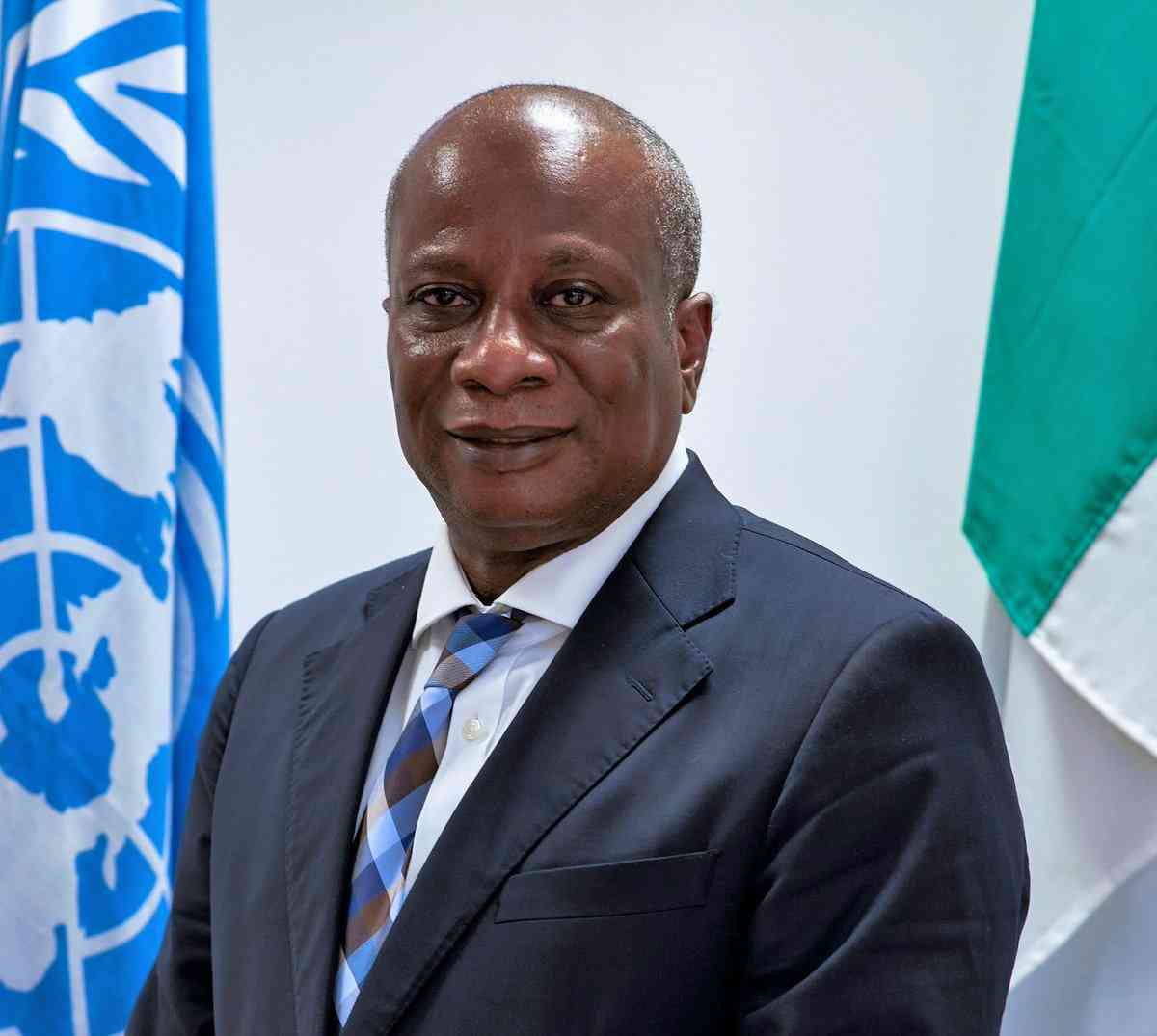
A STAGGERING 1,4 million Zimbabwean youths are jobless, with United Nations resident and humanitarian co-ordinator in Zimbabwe, Edward Kallon, saying the figures are disturbing.
The statistics were revealed at the launch of the United for Youth Inclusion programme recently in Harare.
Analysts have blamed the harsh economic climate for the high unemployment rate in the country as companies continue downsizing or closing shop.
Kallon bemoaned the growing unemployment statistics, especially among the youth living with disabilities.
“With youth making up over 67% of Zimbabwe’s population, the country’s future depends on unlocking their potential,” he said.
“Yet 1,4 million young Zimbabweans are currently not in employment, education or training, with young people with disabilities facing even greater exclusion due to stigma, inaccessible environments and systemic gaps.”
He said the unemployment rate was fuelled by a lack of access to networks, platforms and opportunities.
“Across Zimbabwe, youth are leading climate actions, disability awareness campaigns, tech innovations and volunteer efforts. They do not lack ability; they lack access to networks, platforms and opportunities,” Kallon said.
- NoViolet Bulawayo’s new novel is an instant Zimbabwean classic
- Binga headman goes missing
- Jah Prayzah, Zanu PF rekindles ‘lost love’
- Unicef intensifies fight against child marriages
Keep Reading
Observers have blamed widespread drug and substance abuse among the youth on boredom and idleness due to a lack of job opportunities.
President Emmerson Mnangagwa promised 2,2 million jobs in his 2018 election manifesto, but observers have said the economy has instead taken a wrong turn.
Kallon urged the government and civil society organisations to actively support the youth including those living with disabilities by enhancing drug and substance abuse awareness campaigns.
“The World Bank indicates that excluding persons with disabilities from economic participation could cost a country up to 7% of its gross domestic product,” he said.
“Hence, investing in youth inclusion is not charity; it is an economically sound policy. Let us shift our perspective from seeing youth as mere beneficiaries of development. They are the architects of development.”
He added: “Scale up the ongoing substance and drug abuse awareness, organise workshops and support groups that educate about the dangers of drug and substance abuse, promoting exercise, sports, and other healthy activities.”










